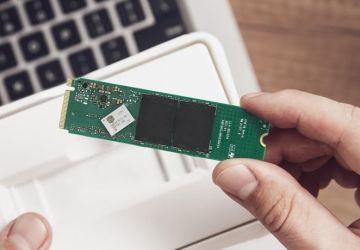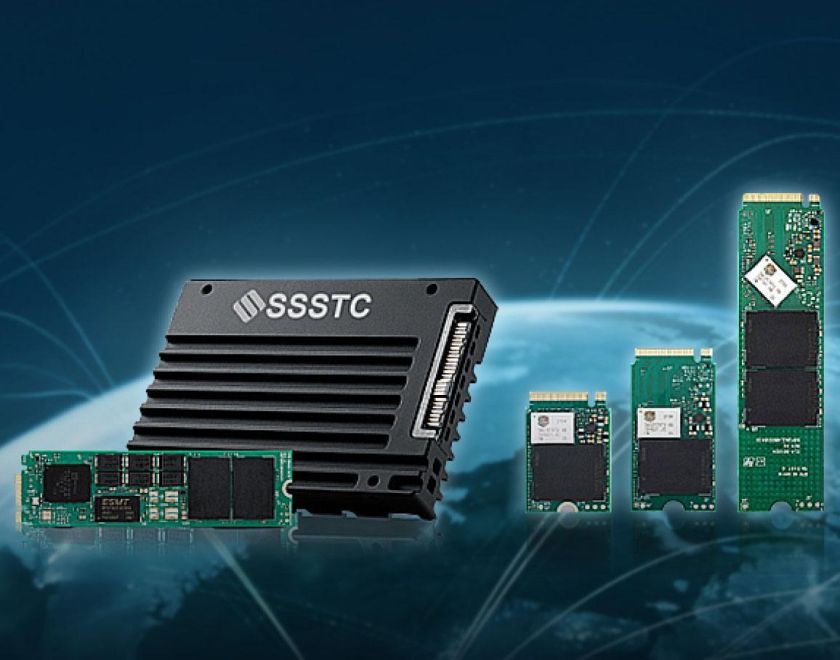Enhancing Data Integrity with SSD ECC Technology
Error Correction Code (ECC) plays a crucial role in maintaining data integrity in various storage devices. In this article, we will delve into the world of ECC, with a specific focus on its implementation in Solid State Drives (SSDs). We will explore the significance of ECC, its underlying principles, and how SSD ECC technology ensures reliable data storage. By understanding the fundamentals of ECC and its application in SSDs, we can appreciate the critical role it plays in safeguarding data integrity.
Understanding Error Correction Code
Error Correction Code (ECC) is a vital error-detecting and error-correcting mechanism used in digital systems. It helps identify and fix errors that occur during data storage and transmission. By employing sophisticated algorithms, ECC can detect and correct various types of errors, such as bit flips, random noise, and voltage fluctuations.
The Significance of ECC in SSDs
Solid State Drives (SSDs) have gained popularity due to their speed and reliability. However, they are not immune to errors. ECC technology is an integral part of SSDs, ensuring the integrity of stored data. With the increasing density of flash memory cells, the likelihood of errors rises. ECC algorithms implemented in SSD controllers detect and correct errors, preventing data corruption and improving overall SSD reliability.
How SSD ECC Technology Works
SSD ECC technology employs advanced algorithms to detect and correct errors in stored data. When data is written to an SSD, ECC codes are generated based on the content of each data block. These ECC codes are then stored alongside the data. During data retrieval, the ECC codes are recalculated, and any discrepancies indicate the presence of errors. The ECC algorithms utilize parity bits or more complex mathematical calculations to identify and correct errors automatically.
Benefits of SSD ECC Technology
The implementation of ECC technology in SSDs brings several advantages. Firstly, it improves data reliability by detecting and correcting errors before they can impact the integrity of stored data. This enhances the overall durability of SSDs, making them more suitable for critical applications that require high levels of data accuracy. Additionally, SSD ECC technology contributes to the longevity of SSDs by mitigating the effects of physical wear on flash memory cells.
One notable example of the innovative utilization of SSD ECC technology is the CL6 M.2 SSD, which can be effectively applied in Edge Servers. By leveraging ECC technology, the CL6 M.2 SSD ensures faster data processing and higher reliability, making it an optimal choice for Edge Computing environments where quick data retrieval and analysis are paramount. The integration of the CL6 M.2 SSD into Edge Servers underscores the importance of this technology in maintaining the efficiency and integrity of data in modern computing applications.
Error Correction Code (ECC) is an essential component of modern storage technologies, including Solid State Drives (SSDs) such as CL6 M.2 SSD. By providing error detection and correction capabilities, SSD ECC technology ensures data integrity and enhances the overall reliability of SSDs. Understanding the significance of ECC in SSDs, including specialized devices like CL6 M.2 SSDs in Edge Servers, allows us to appreciate the measures taken to safeguard data stored in these devices. As technology advances, ECC algorithms will continue to evolve, providing even more robust error detection and correction capabilities for future storage systems.
SSSTC provides the best quality, competitive cost mainstream storage products with superior customized service.Contact us to find more enterprise SSD or industrial SSD solutions.


__24C05D67dI.webp)
__24C15hqqtC.png)
__24C15wOdCC.png)









__24C05XQ2my.jpg)







__24C05fplcZ.png)
__24C05vgHYC.png)



